Beyond broadening the technical expertise of its attendants, act22 was a source for lessons in personal and professional development. Read on for some of the lessons learned in 2022, like how to strengthen our workers, work processes, organizations and more.
Points of human connection
Riaz Meghji kicked off the conference with an inspiring opening keynote speech focusing on how we, as professionals, can connect more meaningfully with our co-workers and thereby build a stronger workforce.

Riaz emphasized that fostering real and organic connections has been shown to boost productivity, as people prefer to work for and with others who care about them. Here’s how you can build those connections:
“Make your small talk bigger” – By allowing room for topics that may not be relevant to the organization but are important to your co-workers as individuals, you may find some common points of interest or experience with them. Remember to “ask first and talk second,” and to focus on the emotional connection your colleague has to the topic – why they care about it – rather than just the information being conveyed.
“Listen without distraction” – Did you know that the brain can absorb about 400-500 words per minute? And that even then, we only actively listen to and comprehend about 120 – with distractions decreasing that number even further? Paying attention to your co-workers isn’t only important for work-related activities but also a way to have deeper discussions and to make them feel appreciated.
“Put aside your ‘perfect’ persona” – Part of being a leader includes being a person your staff can relate to, even if it means showing some vulnerability. Don’t be afraid to take a risk by being the first to share your journey, including earlier struggles that may have led you to where you are today. As long as you remain credible, you’ll set an example and perhaps motivate others to do the same.
Navigating the future of work with attunement, resilience and creativity
What has led so many organizations, despite being very successful at one time or another, to ultimately fail? More importantly, how can we prevent the same fate for our own organizations? Hamza Khan took a close look at some of the shared attributes of these businesses and concluded that their failure stemmed from a refusal to evolve.

As the economy, industries and work practices changed, many of these companies remained adamant that they did not need to adjust, and that their business models would remain successful. However, history suggests otherwise, as 88% of Fortune 500 companies in the past 66 years have gone bankrupt or been acquired – signalling that even the most successful strategies will fail unless they’re continually monitored and adapted to meet changing conditions. Hamza explained that most companies that go under do so for a combination of three main reasons:
Negligence – ignoring how times are changing
Complacency – believing that the organization will never falter and having no interest in pushing it further
Avoidance – turning a blind eye to key issues with existing business models
These issues can be seen today, with many businesses struggling to adapt to pandemic-related changes like the virtual environment and the move to hybrid work. Hamza noted that employers and senior leaders can prepare for the future of work by embracing the following values:
Attunement – Remain connected to your employees at all levels, as they’re often able to identify key issues before you can. By embarking on a listening tour and identifying perception gaps alongside those who work on the ground, you’ll be in a better position to reverse engineer problems and improve your organization.
Resilience – It’s essential to actively and continuously reflect on where you are and where you want to be headed. Understand the importance of “engineering chaos” – experimenting with a system so that it can withstand potential turbulence in the future.
Creativity – Finally, dream without constraints. Even if you can’t achieve your goals, working toward them will provide some measure of success.
Mental health management: Promoting positivity to increase productivity
Rounding out the conference, Marie-Hélène Pelletier highlighted that proper stress and mental health management is not only important on a personal level but can also lead to greater success in work.

Beyond avoiding negativity, many people forget that managing your mental health also includes promoting positivity. Additionally, while it’s natural to wait until you’re overwhelmed, maintaining your mental health is a constant effort. As Marie-Hélène stated, “We shouldn’t wait until we fall apart to start managing our mental health. Instead, we must be proactive and put success top of mind.”
This becomes increasingly important as our responsibilities pile up and free time gets scarcer. According to the Canadian Mental Health Association, one in two Canadians have or have had a mental illness by the time they reach 40. This also impacts business, as the Mental Health Commission of Canada reports that over $50 billion is lost each year in productivity due to mental health issues.
Having a positive mental state has been shown to greatly increase work output and productivity. While not a cure-all for mental health complications – especially more serious ones that don’t fall within the range of manageable emotions – Marie-Hélène suggests two strategies to proactively manage stress and promote a positive mindset:
Pre-suasion – By mentally convincing yourself that you’re capable of handling difficult situations, you encourage confidence, ideas and solutions, paving the way for success.
Priming – By being exposed to a stimulus, such as a word, image or action, a person’s behaviour can be influenced and changed. This can be used to evoke a positive and goal-oriented mindset, with studies showing that tiny cues and stimuli can subconsciously (but significantly) affect our behaviour.
Furthermore, Marie-Hélène noted that remaining resilient is crucial to retain a positive mindset. This includes regularly exercising (strength and cardio for the body and meditation for the mind), proper nutrition, sleep and engaging in healthy relationships.
Looking for more learning opportunities?
CIA members can enjoy free access to recordings of many sessions (login required). And if you want to participate in this year’s annual conference, make plans to join us June 15-16, 2023, in Halifax for more high-quality sessions, East Coast hospitality and engaging actuarial content.





